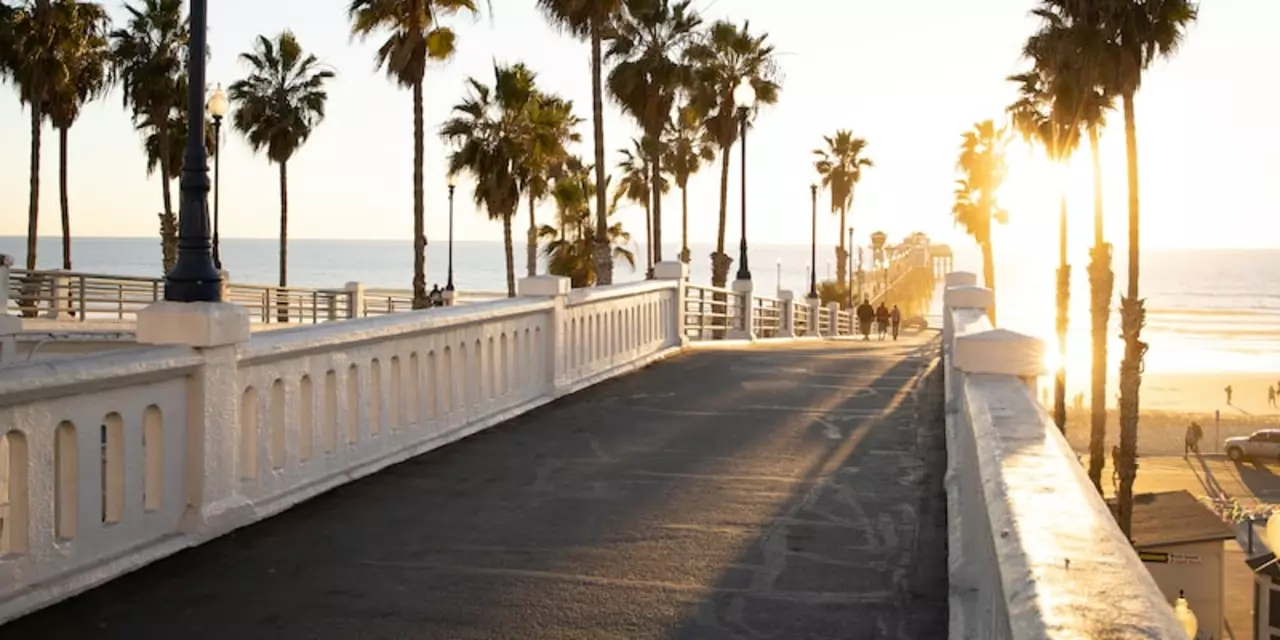California is often referred to by its nickname, "Cali," by native Californians. This nickname is especially popular among the younger generations who have embraced its use in popular culture. Cali is a term of endearment, used to express love for one's home state and show pride in being a Californian. The nickname is also used to describe the laid-back lifestyle of the state, as well as its diverse geography and culture. Whether you're a native or a visitor, you may find yourself using the nickname too!
Regional Slang – The Story Behind California’s “Cali” Nickname
If you’ve ever heard someone say “I’m heading to Cali for the weekend,” you’ve heard a piece of local slang in action. It isn’t just a shortcut; it’s a badge of pride that many Californians wear. In this guide we’ll break down why the nickname sticks, how it’s used in everyday conversation, and what other regional slang you might run into on your travels.
What Makes “Cali” More Than a Shortcut?
First off, “Cali” is a term that younger people love, but it’s not limited to any single age group. The word rolls off the tongue quickly, which makes it perfect for social media, texting, and casual chatter. When a native says “Cali vibes,” they’re talking about the laid‑back lifestyle, the sunny beaches, and the diverse culture that the state offers. It’s a shorthand that packs geography, attitude, and community into three syllables.
Beyond speed, the nickname carries affection. Think about how you refer to your hometown – you probably have a shortened or affectionate version. That feeling of belonging shows up in how Californians talk about their state. Using “Cali” signals that you’re part of the local conversation, not an outsider watching from the sidelines.
How to Use “Cali” Correctly When You Visit
When traveling in California, sprinkle “Cali” into your speech sparingly. Saying “I love Cali’s food scene” feels natural, but overusing it can sound forced. Pay attention to locals: if they use it, mirror the tone; if they stick with “California,” follow their lead. Also, remember that “Cali” is informal – it belongs in casual settings, not in a business meeting or a formal email.
Another tip: combine “Cali” with other local terms. For example, “Cali surf spots are epic” or “Cali sunsets never disappoint.” Pairing the nickname with specific details shows you’ve done a little homework and respect the region’s unique vibe.
Besides California, regional slang pops up everywhere. In New York, you’ll hear “The City” or “Big Apple.” In Texas, “Lone Star State” rolls off the tongue. Each nickname reflects a piece of local identity. Spotting these terms helps you blend in and makes conversations flow smoother.
Understanding regional slang also helps you avoid misunderstandings. Some nicknames have double meanings or can be playful jokes. For instance, calling California “Cali” in a formal setting could be seen as too casual. Knowing when to switch gears keeps you from sounding rude.
Finally, think of slang as a cultural shortcut. It gives you a peek into how locals see their world. By using “Cali” correctly, you’re not just saying a word – you’re joining a conversation that spans beaches, mountains, and city streets.
So next time you plan a trip to the Golden State, remember that “Cali” is more than a nickname. It’s a piece of the state’s personality. Use it wisely, listen to how locals talk, and you’ll feel right at home faster than you think.
